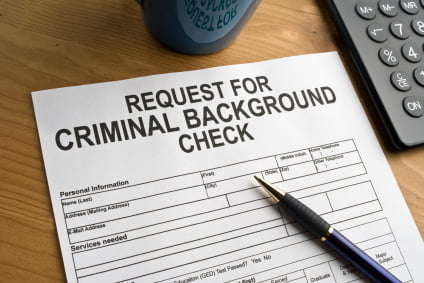16
November
0
Comments
What Is Expungement of Criminal Records?

Expungement of criminal records. What is it? Can I get one done? How can I get rid of my arrest and criminal court records. This information will attempt to answer these questions. Whether you were arrested or charged and not convicted, or charged and have since paid your debt to society, you could still be reaping consequences just by having the charge on your record. Arrests, charges, and convictions appear on background checks for important thing like housing, education, and employment, and could prevent you from qualifying. This is where the process of record sealing and expungement becomes important.
You are eligible for expungement, particularly under the following circumstances:
- Court order for the removal of arrest-only and other non-conviction data
- Juvenile convictions
- Conviction was for a summary offense and defendant has not been arrested or prosecuted for five years
- Defendant successfully completed his or her Accelerated Rehabilitative Disposition (ARD) program
- Defendant committed a violation related to the illegal transportation, consumption, possession, or purchase of alcohol when he or she was over 18 but under 21, is now 21, and has met all his or her conviction requirements
- Defendant is 70 years or older and has had no other arrest or prosecution for 10 years beyond release from supervision of the court
- Person has been deceased for three years or longer
It is important to recognize that even if you were convicted of an offense you may still be entitled to an expungement of any charges for which you were not convicted. This is called a partial expungement.
I have obtained expungements in Philadelphia, Delaware County, Montgomery County, Chester County, and Cumberland County.
The process for an expungement is started by the filing of a petition in the county where the incident happened. Once the expungement petition is filed the District Attorney of that County will review it. The District Attorney will either agree or not agree to the expungement petition.
Ultimately the expungement will be sent to a Judge. The Judge may sign the expungement petition without a hearing or hold a hearing on whether to sign the expungement petition.
Once the expungement petition is granted that it is important that the arresting police department, the courts, the state police, the FBI carry out the expungement order. I mailed all of the police departments and various agencies the expungement order.
Expungements are so helpful. An expungement can avoid the loss of a job opportunity, particularly in the health field. Expungements are also important concerning not losing out on educational opportunities.
While convictions (excluding juvenile convictions and summary offenses where there is a lapse of time) may not be expunged you still may be eligible for a Pardon. This is done through an application to the Pennsylvania Board of Pardons.
